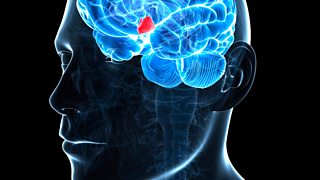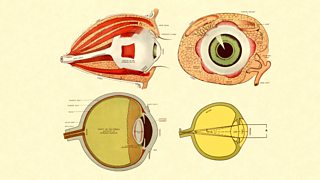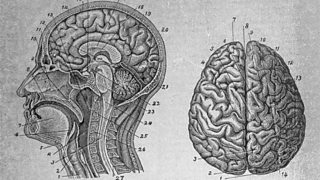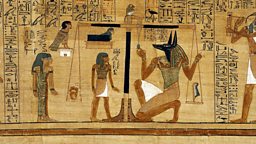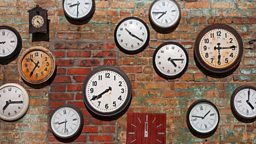Understanding your body clock
are are found throughout the living world. How much do you know about yours?
1. have been around a very long time
It’s thought the first cells on Earth were damaged by UV light from and adapted by repairing themselves at night.

2. You’re not the only one to have them
It’s thought any life form that derives energy from sunlight has some kind of circadian rhythm, to make the most of light and darkness.
Early experiments showed mimosa leaves still opened and closed in the dark, following their own circadian rhythms rather than the Sun.
3. They give life an edge
allow organisms to anticipate events such as night and day, winter and summer and so prepare themselves for those events.
4. You have a master clock
It sits in the hypothalamus in your and, like a conductor, sends regulating signals throughout your body at different times of the day.
5. You have peripheral clocks too
These are found in all your organs and body tissues and are synchronised by the master clock in your brain.
6. And you have clocks in every cell
Every cell in your body has the capacity to generate a 24-hour oscillation.
7. Circannual rhythms
As nights grow longer and sleep lengthens, brains release more melatonin. Many animals, such as deer, respond to this by preparing to mate or hibernate. It’s thought humans produce more antibodies to fight off winter illness.
8. Daylight keeps you regular
If you were left in the dark, your body clock would become out of step with the 24-hour clock. There are sensors in your eyes that detect light and send signals to the part of your brain that keeps your body clocks in sync.
9. Time for bed?
From the moment you wake up in the morning, sleep pressure builds up. However, you do not usually fall asleep until your biological clock tells you it is the right time to drop off.
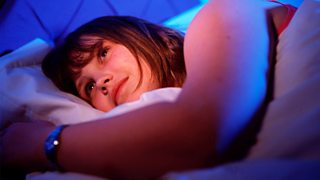
10. Jet lag
You feel jet lagged when your body’s master clock is at one time and other parts of your body such as your liver, gut, brain and muscles are at slightly different times. It takes about one day for each time zone crossed for them to synchronise.
11. Social jet lag
Shift workers and others who have a mismatch between their biological time and social time can experience ‘social jet lag’. This is the difference between the time their body wants to wake up and the time the alarm clock goes off. Studies suggest a correlation between this and an increased risk of depression, obesity, heart disease, diabetes and cancer.
12. Let sleeping teenagers lie in
Surging hormones during puberty probably delay the clock by as much as two hours. Asking a teenager to get up at 7am is like asking a 50-year-old to get up at 5am. Later in life, we revert to the waking and sleeping times we had before puberty.
-
![]()
Melvyn Bragg and his guests discuss the evolution and role of circadian rhythms.
-
![]()
The Eye
Melvyn Bragg and his guests discuss the eye.
-
![]()
Melvyn Bragg and guests discuss the history of ideas about the human brain.
-
![]()
Melvyn Bragg and his guests discuss the Sun.
